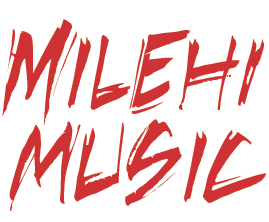What’s The Big Deal? The Internet Radio Fairness Act of 2012
Here are some keywords you should know; To put things in perspective; On one side of the fence are Performers and on the other are radio Stations, Also known as Terrestrial Radio. As it stands now, when say a Taylor Swift song is played on your favorite radio station, Taylor Swift doesn’t […]

